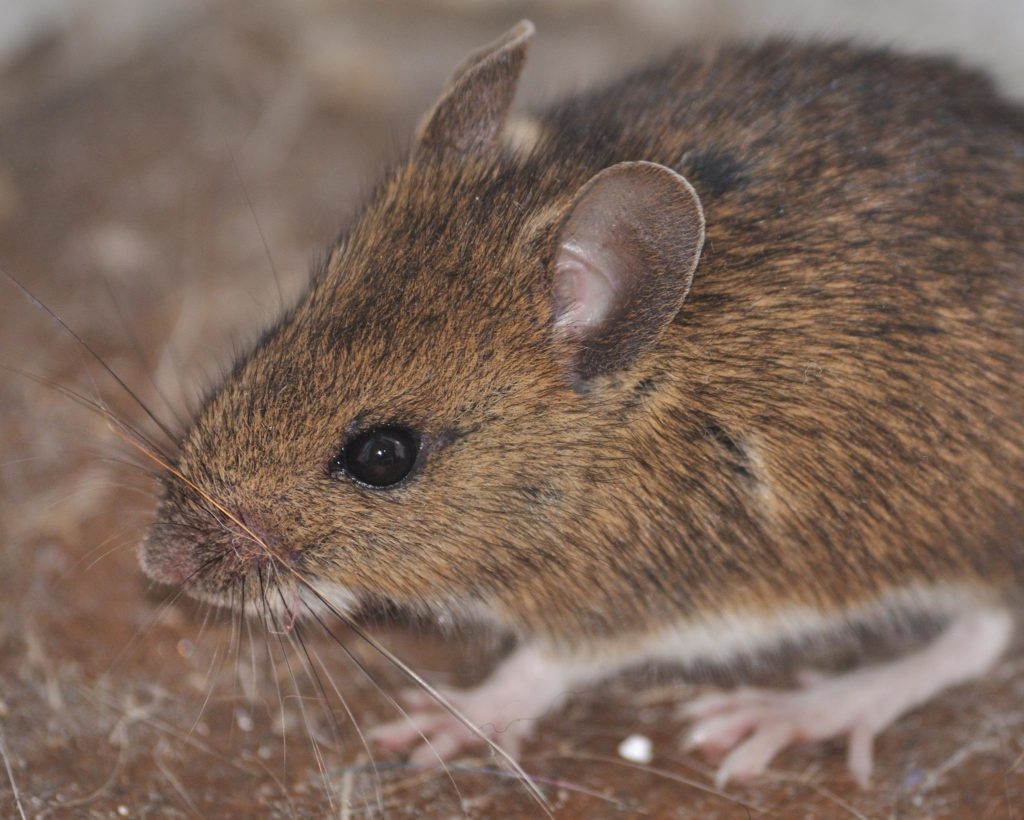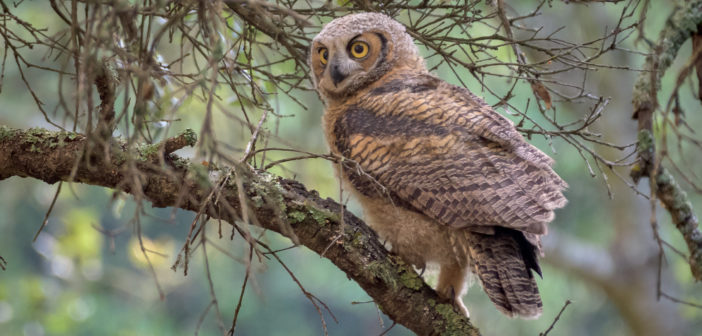California’s bill to ban toxic rodenticide poisons just won the Assembly floor vote! Now, the survival of wild animals will be brought before the Senate. On June 19, AB 1788 is scheduled to be heard before the California Senate Environmental Quality Committee.

Mice and other rodents suffer slow and painful deaths when they ingest poison. Image credit Andrew, CC BY-SA 3.0.
Mice and rats who ingest toxic rodenticides become mortally ill and die slow deaths by bleeding out from all their orifices. As they stagger around in the throes of dying, they often fall prey to owls, hawks, coyotes, and bobcats. These natural predators then become sick and die as well from a build-up of these deadly rodenticide poisons. Take action today to stop pest control operators from poisoning our state’s wild animals to death!
In a National Park Service study of bobcats living in the Santa Monica Mountains, all of the bobcats who died from mange also tested positive for exposure to rodenticides. Our allies at Wildlife Emergency Services have rescued one hundred sick bobcats like the one in the video below in the past few years, and eighteen tested positive for exposure to rodenticides. These toxins also harm threatened species like northern spotted owls, San Joaquin kit foxes, and Pacific fishers, and any other animals who consume poisoned rodents.
A sick and dying bobcat, poisoned by rodenticides, is captured by Wildlife Emergency Services.
What You Can Do:
We are at the precipice of a major victory for wild animals. Join us to ban rodenticide poisons in California for good! Please contact your California senator by phone and email to urge support of AB 1788.
1.) Call your one California senator by clicking here, entering your zip code, and choosing the California tab to find the identity and phone number of your senator.
Say, “I support AB 1788. Please pass this crucial legislation to protect California’s wild animals from deadly rodenticide poisons.”
2.) Submit our letter asking your senator to support AB 1788 by filling out the form on the right side of this page. California residents only, thank you.
Featured image: a juvenile great horned owl in California’s Sobrante Ridge Regional Preserve. Toxic rodenticides move up the food chain and poison predators who eat rodents. Image credit Becky Matsubara, CC BY-SA 3.0.





